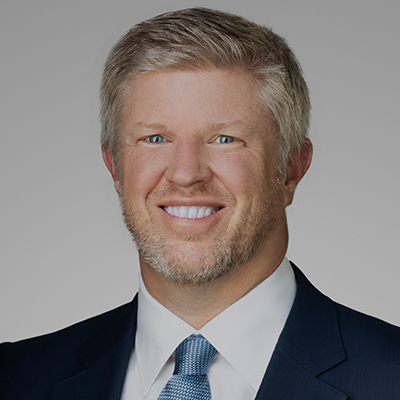EagleView Aerial Patents Withstand Rival's Alice Challenge
A New Jersey federal judge has preserved six patents owned by aerial imagery company EagleView Technologies Inc., rebuffing a bid by rival Xactware Solutions Inc. to dismantle the patents during the companies' ongoing intellectual property battle.
In a Tuesday decision, U.S. District Judge Robert B. Kugler denied the motion for summary judgment filed by Xactware, a subsidiary of Verisk Analytics Inc., finding the patents, which cover a software to determine roof repair estimates through aerial imagery, are not too abstract under the U.S. Supreme Court’s ruling in Alice Corp. v. CLS Bank .
Judge Kugler found that EagleView’s patents did satisfy the two-prong test for patent eligibility established by that high court decision, which bars patents on inventions that are directed toward an abstract concept and recite routine or well-understood claims.
“The court holds it has not been demonstrated by clear and convincing evidence on the summary judgment record that either the relevant claims are directed to an abstract idea or embody no inventive concept,” the opinion says.
EagleView and affiliate Pictometry International Corp. accused Xactware and Verisk in New Jersey federal court in 2015 of infringing claims in nine patents with Xactware’s own rooftop measurement products.
Xactware hit back with counterclaims, arguing that the asserted patents were invalid. Xactware also filed petitions with the Patent Trial and Appeal Board challenging the validity of every patent claim in all nine patents that it was accused of infringing. Of the six patents challenged in Xactware’s summary judgment motion in the instant proceedings, three were ultimately upheld by the PTAB, while the board declined to institute review of three more.
Xactware moved for summary judgment in a sealed motion in August, claiming that EagleView’s patents claim the abstract idea of using photogrammetry — the science of using photographs to survey or measure objects — to measure rooftops and produce a report, according to the opinion. EagleView countered in a sealed reply that the human mind is incapable of performing this type of three-dimensional modeling and calculations.
In Tuesday’s decision, Judge Kugler sided with EagleView, finding that the patents do not “merely replace a human’s sketch of a roof section from different aerial views.” Instead, the judge concluded that the patents do in fact “recite steps that achieve the result by defining an improvement to computer functionality.”
A spokesperson for Kirkland & Ellis LLP, which represents EagleView, declined to comment. Counsel for Xactware and Verisk did not return a request for comment on Thursday.
The patents-in-suit are U.S. Patent Numbers 8,078,436; 8,170,840; 8,818,770; 9,129,376; 8,825,454; and 9,135,737.
Xactware and Verisk are represented by Scott S. Christie, Matthew A. Sklar, Ravin R. Patel, Lee Carl Bromberg and Thomas R. Fulford of McCarter & English LLP.
EagleView is represented by Adam Alper, Gianni Cutri, Mike De Vries, Brandon Brown, Leslie Schmidt and Kyle Calhoun of Kirkland & Ellis LLP and Liza M. Walsh, Hector D. Ruiz and Eleonore Ofosu-Antwi of Walsh Pizzi O’Reilly Falanga LLP.
The case is EagleView Technologies v. Xactware Solutions Inc. et al., case number 1:15-cv-07025, in the U.S. District Court for the District of New Jersey.






